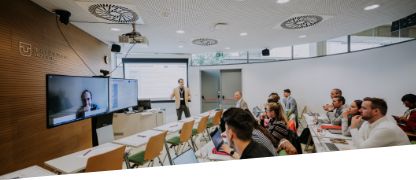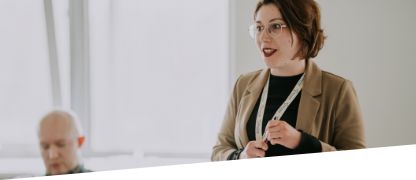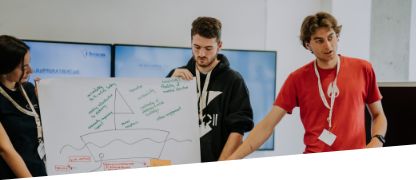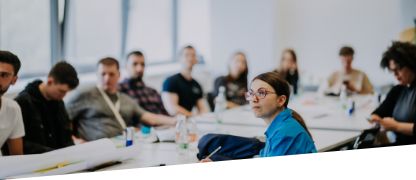World experts and representatives from NEEMA get together in Seville to exchange Public Food Policies and the Right to Food
The event was coordinated by the University of Seville in conjuction with leading organisations such as ODA-E, FIIAP, Expertise France, SUN Movement and FAO, United Nations.
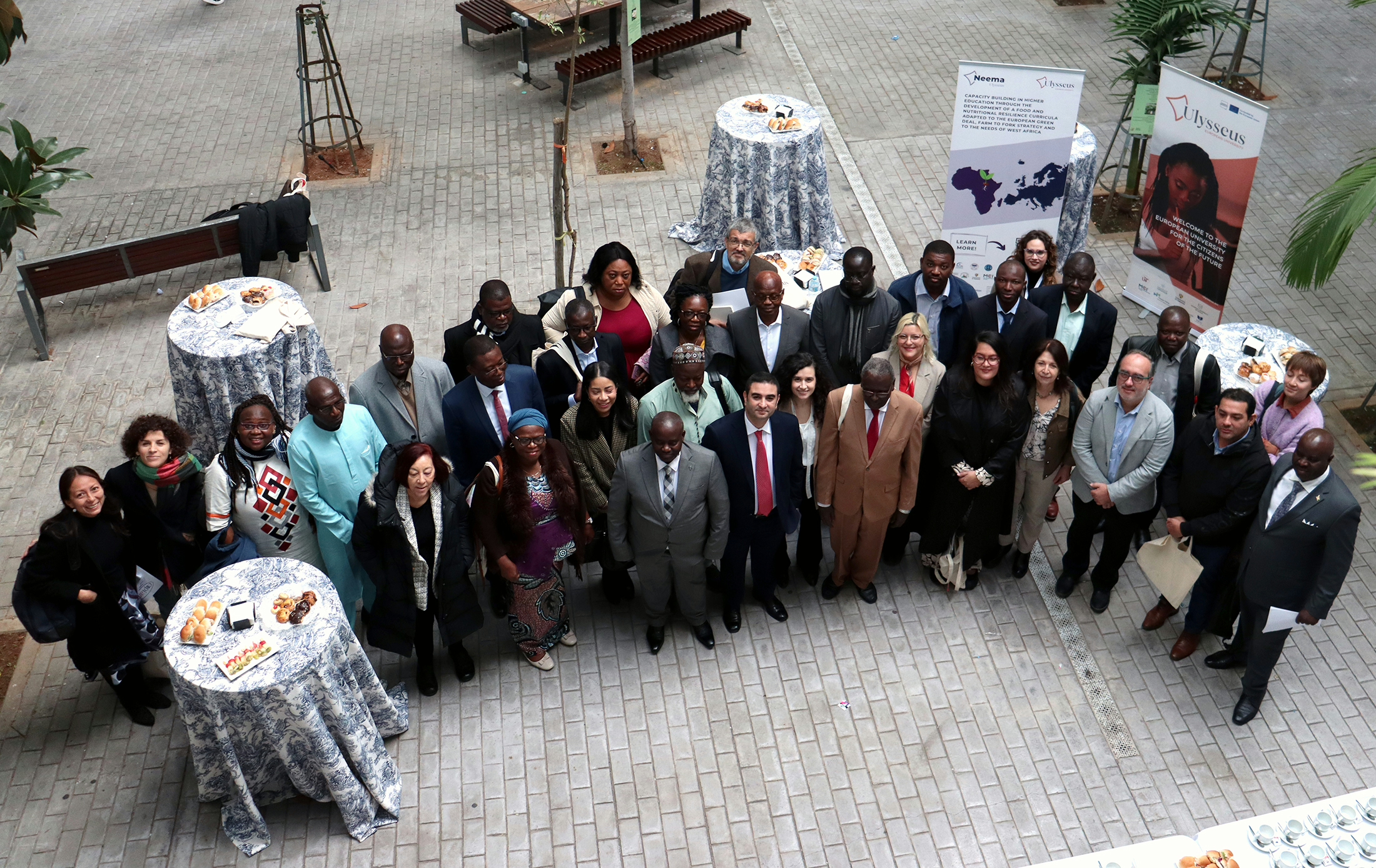
On Wednesday 4 December, the University of Seville hosted the Workshop on Public Food Policies and the Right to Food in Africa, Latin America and the Caribbean and Europe: the experience of the Right to Food Observatories and their transfer possibilities.
This activity is part of the series of dissemination activities of NEEMA, a satellite Project of Ulysseus which aims to strengthen the participation of higher education institutions in West Africa to improve their capacities in food and nutritional resilience, allowing better adaptation to the challenges posed by the EU Farm to Fork Strategy and its impact on the region. Likewise, this event is framed within the IV Congress on Land and Human Rights: Analyzing the Challenges of Development and Food and Nutritional Resilience, held in the University of Seville on December 2-4.
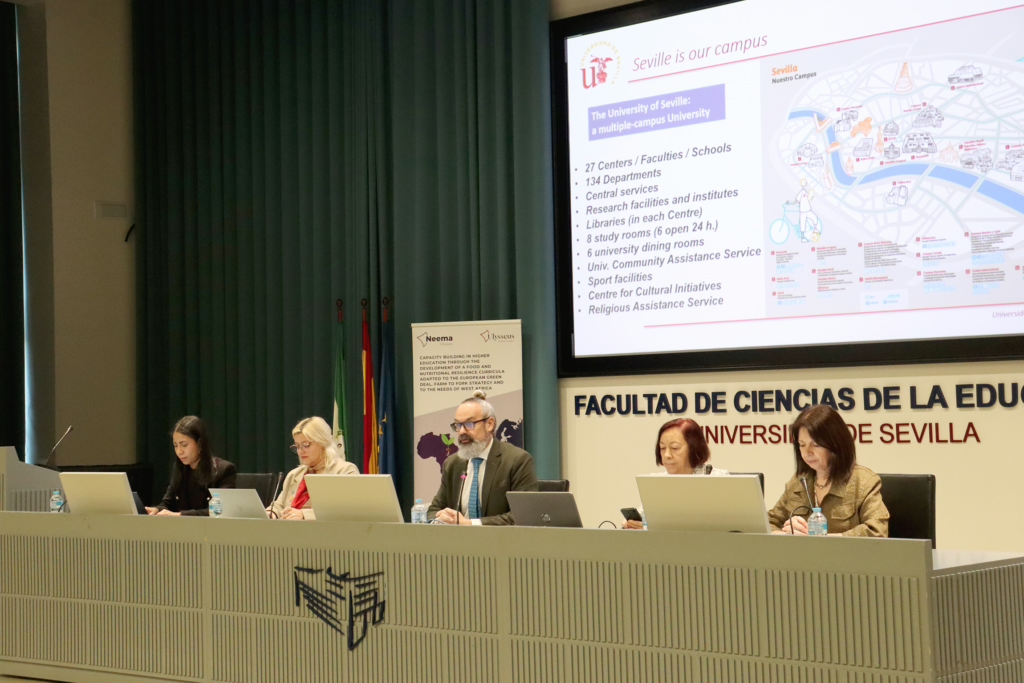
Several public entities collaborated to organise this workshop, aimed at fostering academic and political dialogue between Latin America, the Caribbean, Europe, and Africa. The goal was to develop effective, tangible commitments to combat hunger and malnutrition using multilateral tools that emphasize the role of academia and scientific evidence.
Organisers include:
- The University of Seville, coordinator of Ulysseus alliance and its capacity-building project NEEMA
- The Observatorio del Derecho a la Alimentación de España (ODA-E), in collaboration with the Fundación Internacional y para Iberoamérica de Administración y Políticas Públicas (FIIAPP) and Expertise France, through the EU-funded project EU4SUN
- The SUN Movement
- The Food and Agriculture Organisation of the United Nations (FAO), through the Support Project for the Hunger-Free Latin America and the Caribbean Initiative (IALCSH)
The day began with an overview of current data on malnutrition in Latin America, the Caribbean, Europe, and Africa. Participants then explored the role and actions of academic collaboration at the regional level, with a particular focus on the Right to Food Observatory in Spain and Latin America and the Caribbean, as well as the SUN Movement in Africa.
The discussion among experts also highlighted the challenges and opportunities for academia in shaping public policy. Additionally, they examined the potential for regional university cooperation on food security and the right to food.
Approximately 50 participants attended the event, including representatives from the Technical Secretariat of the Right to Food Observatory for Latin America and the Caribbean (ODA-LAC), the Spanish Right to Food Observatory (ODA-E), universities from Africa, Europe, Latin America, and Spain, Spanish cooperation agencies (AECID, FIIAPP, and AACID), and international organizations such as FAO, Expertise France, and the SUN Movement.
Institutional representatives included Ana Regina Segura, in charge of Rural Development, Food Security and Nutrition at the Spanish Agency for International Development Cooperation (AECID); Jorge Vanegas, representative of the Technical Secretariat of ODA-LAC; Judith Kabore, representative of the SUN Hub Africa movement; Mélance Ntunzwenimana, coordinator of EANSI, University of Burundi; and Noëlle Salah, specialist in academic and parliamentary partnerships at FAO.
About NEEMA
NEEMA is a 36-month capacity building project of Ulysseus European University funded through the ERASMUS+ program. It aligns with the European Green Deal and Farm to Fork Strategy, adapting these frameworks to the unique challenges of the Sahel and West Africa.
Led by the University of Seville, NEEMA aims to enhance food and nutritional resilience, focusing on vulnerable populations. The project involves 14 universities across Africa and Europe, fostering collaboration, designing contextual curricula, and launching pilot initiatives to strengthen local capacities in food security and sustainability.

